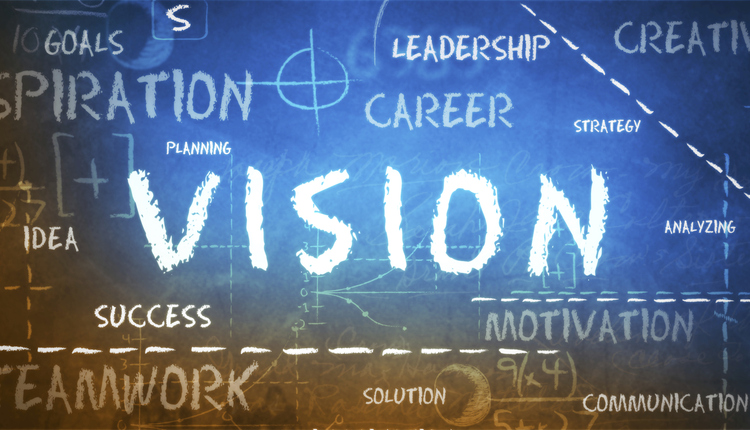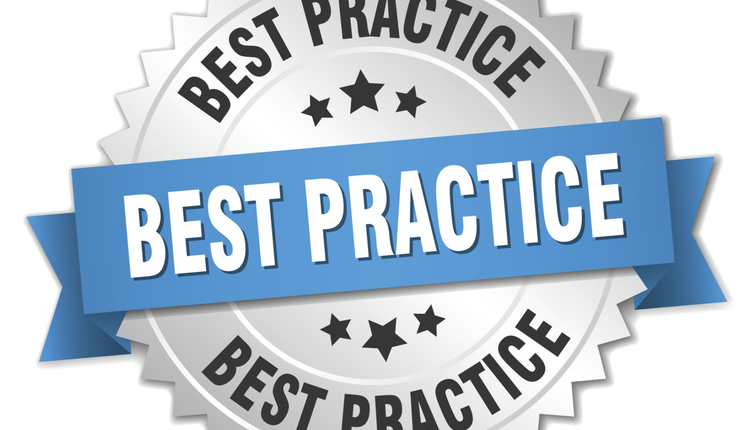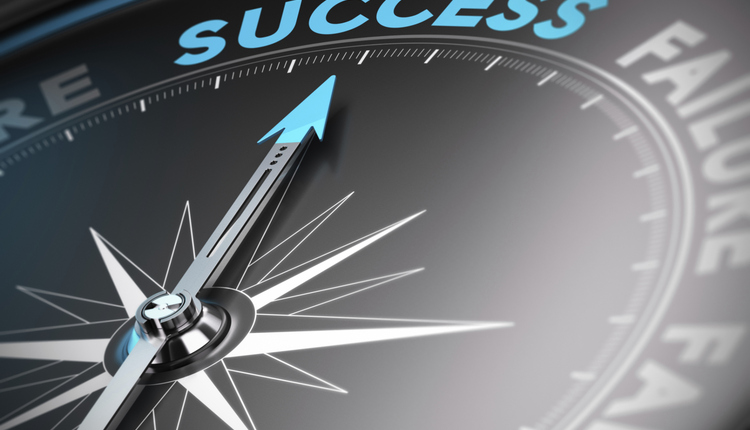Continually increasing productivity is always important - even more so in the tough economic times we continue to live in. The good news is that by being intentional, almost every team has the potential to increase their productivity. Before sharing ideas on how to improve productivity, let's first define it.
Productivity Defined
Productivity is a measure of how efficiently resources are being used. Productivity is simply a measure of Outputs (goods/services produced) divided by Inputs (resources used):
P = O (goods/services)
I (resources)
For example:
Assume last month that it took 10,000 labor hours to produce 500,000 mailpieces. What is the productivity measurement?
P = 500,000 mail pieces = 50 mailpieces per labor hour
10,000 labor hours
How to Improve Productivity
There are two basic approaches to improve a productivity measurement. One, increase the volume of goods/services without increasing the amount of resources used. The second approach is to produce the same volume of good/services, but accomplish it with fewer resources.
One way to try to improve productivity is to conduct a "factor analysis," i.e. look at the following seven factors and identify areas for improvement. For example, perhaps the better utilization of technology could increase productivity. The solution may be to provide training to employees that will help them better understand how to use technology to increase their productivity.
Some of the factors that have a bearing on productivity include:
1) Technology. The wise use of automation and more sophisticated software can help us complete our work with fewer labor hours. Just this month I have been able to reduce (redeploy to another department) an FTE on one of my teams due to new software that is more efficient than the existing software.
2) Capital (tools, equipment, etc). Having state-of-the-art equipment that fits your operations can open the door to significant reductions in manual effort and resources.
3) Methods. Learning and applying best practices, and pursuing process improvements can drive improved efficiency and productivity. You can learn better methods by attending conferences like MailCom and National Postal Forum, getting involved with professional organizations like Mail Systems Management Association and Postal Customer Councils, and regularly reading trade journals like this one.
4) Quality. Improving the quality of work outputs can lead to better productivity. Why? It's cheaper and more efficient to do the work correctly the first time and avoid re-work. John Wooden's quote "Be quick but don't hurry" is applicable. Also, by instilling a quality mindset, I have found the teams take more pride in their work and become more engaged and productive.
5) Management. Being a better servant leader and showing more care for your team members will pay dividends. Collaboratively developing a shared vision and challenging yet achievable goals will help inspire your team to higher levels of performance.
Solicit ideas for improved productivity from your team members. They will feel respected, and you will glean some great ideas along the way.
6) Motivation of workers. Providing positive recognition and showing more care for your employees will lead to a higher morale, higher motivation - and higher productivity. I agree with Tom Peters who said "The simple act of paying positive attention to people has a great deal to do with productivity." Remember to measure productivity and celebrate improvements along the way. Celebrating progress builds a sense of achievement and a desire to keep getting better.
7) Skills/expertise of team members. The on-going training and development of your team members is key to enhancing productivity. I have addressed this in detail in prior columns. A few ideas include the usage of some team meetings for training, cross training, participating in trade associations, sending people to conferences and relevant seminars, university courses, mentoring - the list goes on.
Let me share a final tip to improve the productivity of your team. Paul Gauguin wisely said, "Stressing output is the key to productivity, while looking to increase activity can result in just the opposite." Focusing on effectively and efficiently producing output while minimizing resources used will result in increased productivity.
Good luck as you partner with your team and intentionally pursue a higher level of productivity and performance!
Wes Friesen, MBA, CMDSM, EMCM, MQC, ICP, CCM,CMA, CM, CFM, APP, PHR is the Manager of Revenue Collection & Community Offices for Portland General Electric, a utility in Portland, Oregon that serves over 820,000 customers. Wes teaches university classes and is a featured speaker at national Conferences like National Postal Forum, MailCom, CS Week and others. Wes can be contacted at Wes.Friesen@pgn.com. Check out his personal web-site for free information (www.wesfriesen.com).
Productivity Defined
Productivity is a measure of how efficiently resources are being used. Productivity is simply a measure of Outputs (goods/services produced) divided by Inputs (resources used):
P = O (goods/services)
I (resources)
For example:
Assume last month that it took 10,000 labor hours to produce 500,000 mailpieces. What is the productivity measurement?
P = 500,000 mail pieces = 50 mailpieces per labor hour
10,000 labor hours
How to Improve Productivity
There are two basic approaches to improve a productivity measurement. One, increase the volume of goods/services without increasing the amount of resources used. The second approach is to produce the same volume of good/services, but accomplish it with fewer resources.
One way to try to improve productivity is to conduct a "factor analysis," i.e. look at the following seven factors and identify areas for improvement. For example, perhaps the better utilization of technology could increase productivity. The solution may be to provide training to employees that will help them better understand how to use technology to increase their productivity.
Some of the factors that have a bearing on productivity include:
1) Technology. The wise use of automation and more sophisticated software can help us complete our work with fewer labor hours. Just this month I have been able to reduce (redeploy to another department) an FTE on one of my teams due to new software that is more efficient than the existing software.
2) Capital (tools, equipment, etc). Having state-of-the-art equipment that fits your operations can open the door to significant reductions in manual effort and resources.
3) Methods. Learning and applying best practices, and pursuing process improvements can drive improved efficiency and productivity. You can learn better methods by attending conferences like MailCom and National Postal Forum, getting involved with professional organizations like Mail Systems Management Association and Postal Customer Councils, and regularly reading trade journals like this one.
4) Quality. Improving the quality of work outputs can lead to better productivity. Why? It's cheaper and more efficient to do the work correctly the first time and avoid re-work. John Wooden's quote "Be quick but don't hurry" is applicable. Also, by instilling a quality mindset, I have found the teams take more pride in their work and become more engaged and productive.
5) Management. Being a better servant leader and showing more care for your team members will pay dividends. Collaboratively developing a shared vision and challenging yet achievable goals will help inspire your team to higher levels of performance.
Solicit ideas for improved productivity from your team members. They will feel respected, and you will glean some great ideas along the way.
6) Motivation of workers. Providing positive recognition and showing more care for your employees will lead to a higher morale, higher motivation - and higher productivity. I agree with Tom Peters who said "The simple act of paying positive attention to people has a great deal to do with productivity." Remember to measure productivity and celebrate improvements along the way. Celebrating progress builds a sense of achievement and a desire to keep getting better.
7) Skills/expertise of team members. The on-going training and development of your team members is key to enhancing productivity. I have addressed this in detail in prior columns. A few ideas include the usage of some team meetings for training, cross training, participating in trade associations, sending people to conferences and relevant seminars, university courses, mentoring - the list goes on.
Let me share a final tip to improve the productivity of your team. Paul Gauguin wisely said, "Stressing output is the key to productivity, while looking to increase activity can result in just the opposite." Focusing on effectively and efficiently producing output while minimizing resources used will result in increased productivity.
Good luck as you partner with your team and intentionally pursue a higher level of productivity and performance!
Wes Friesen, MBA, CMDSM, EMCM, MQC, ICP, CCM,CMA, CM, CFM, APP, PHR is the Manager of Revenue Collection & Community Offices for Portland General Electric, a utility in Portland, Oregon that serves over 820,000 customers. Wes teaches university classes and is a featured speaker at national Conferences like National Postal Forum, MailCom, CS Week and others. Wes can be contacted at Wes.Friesen@pgn.com. Check out his personal web-site for free information (www.wesfriesen.com).














